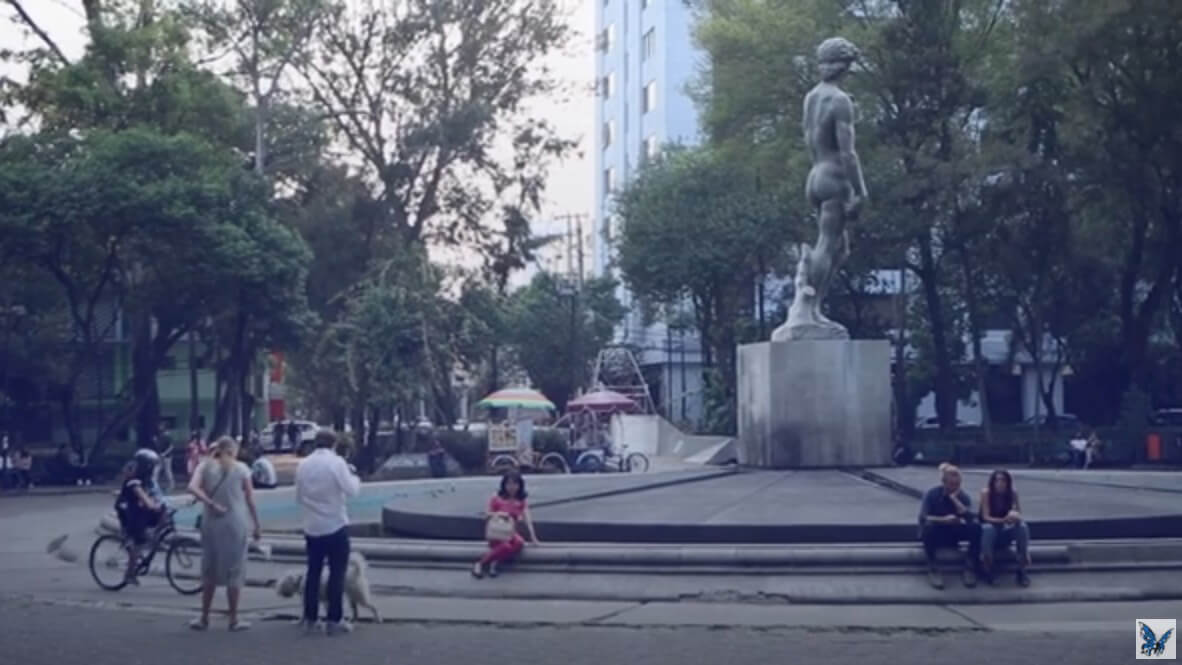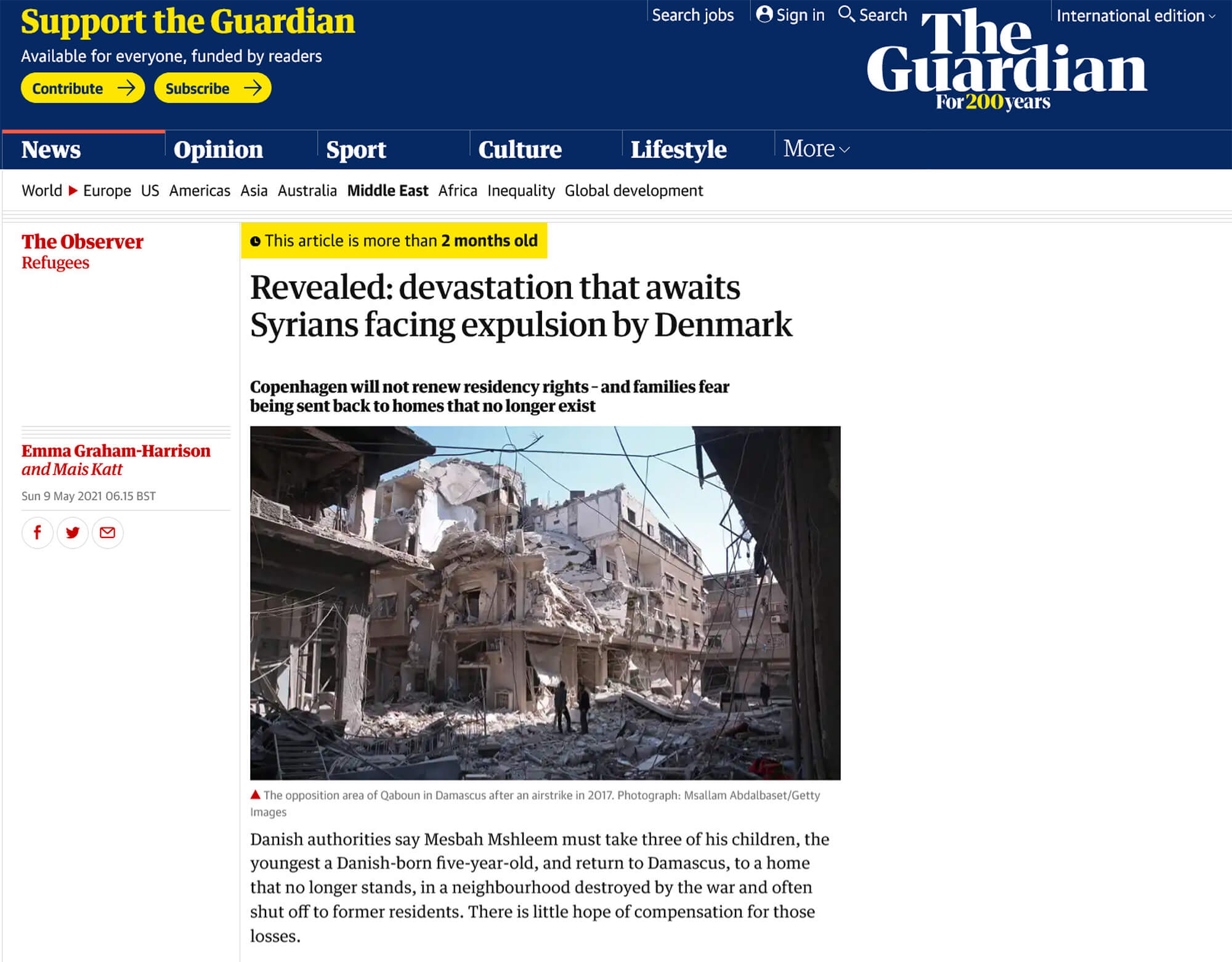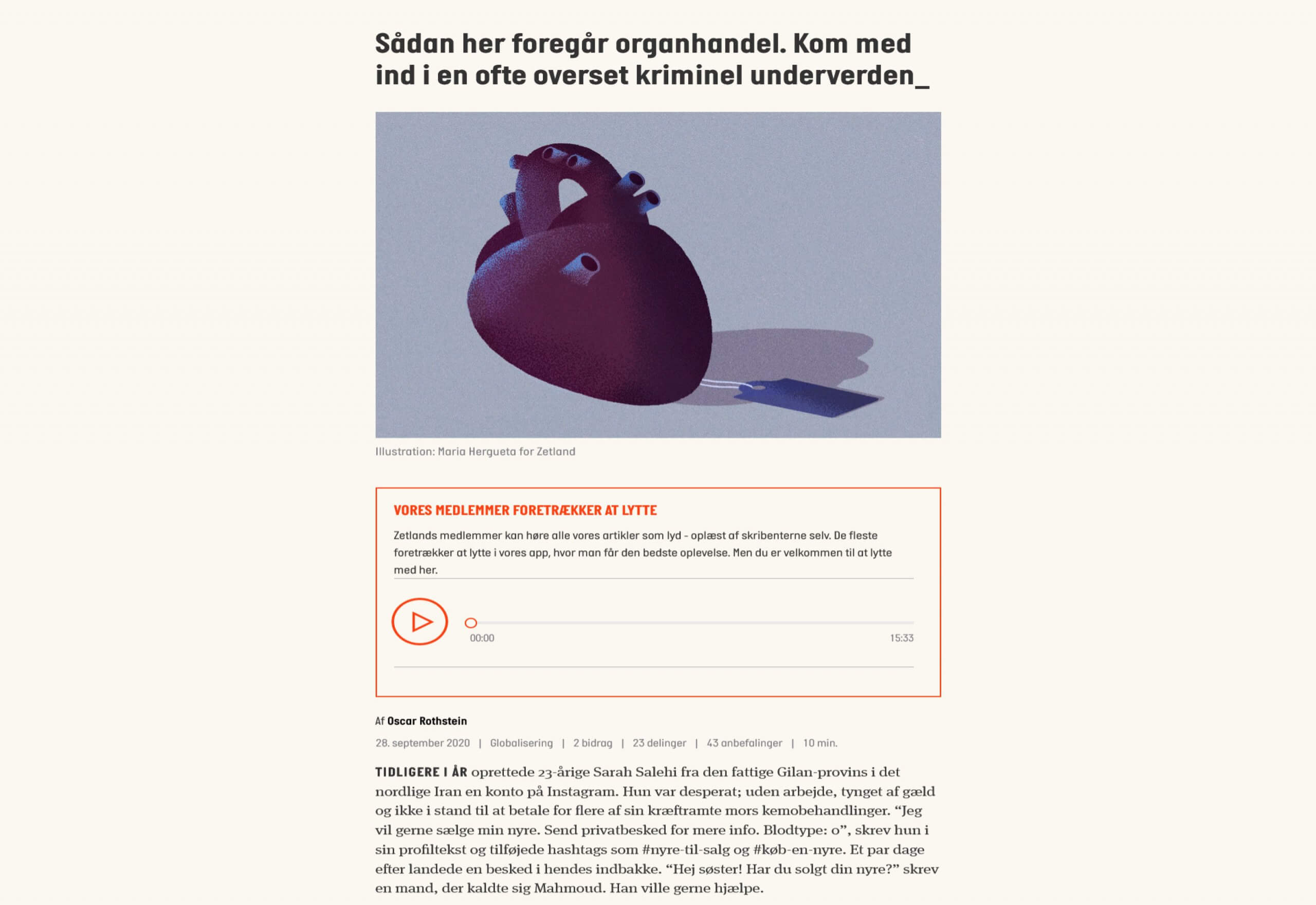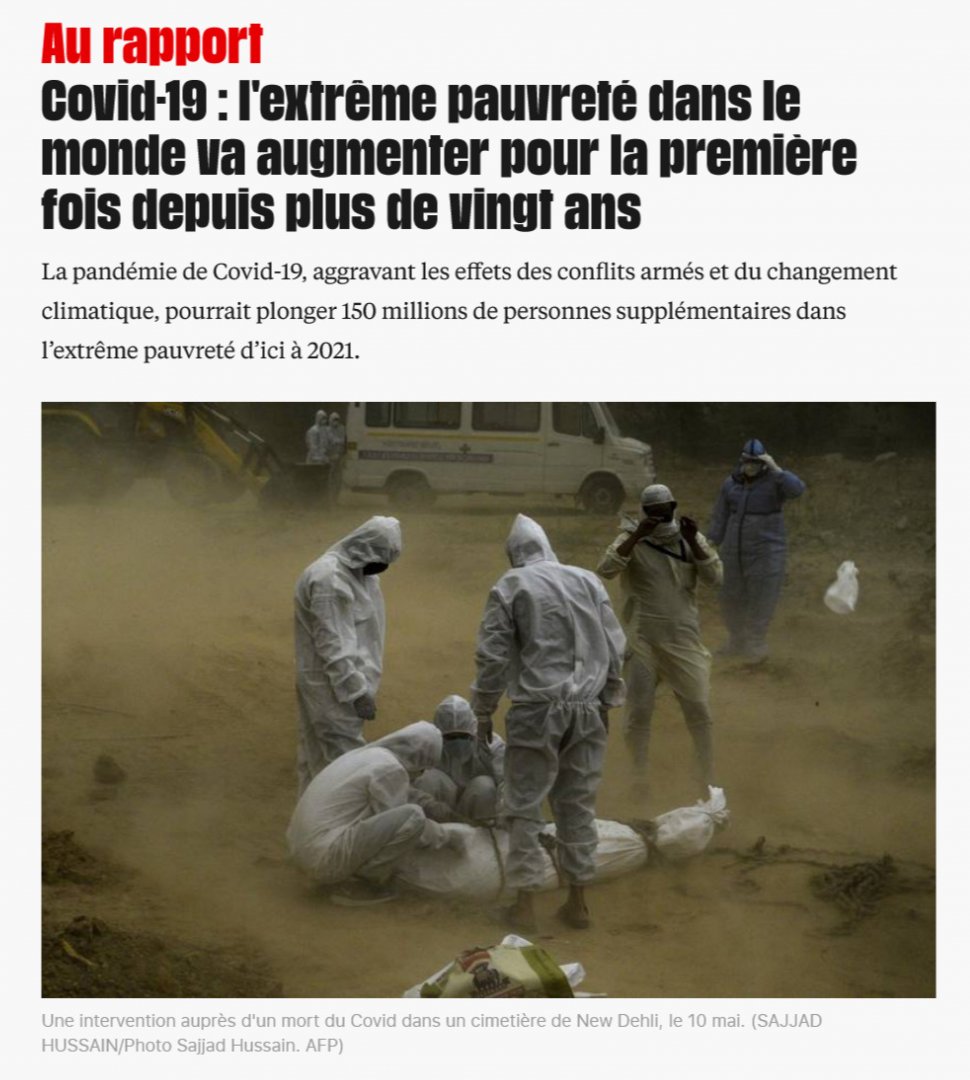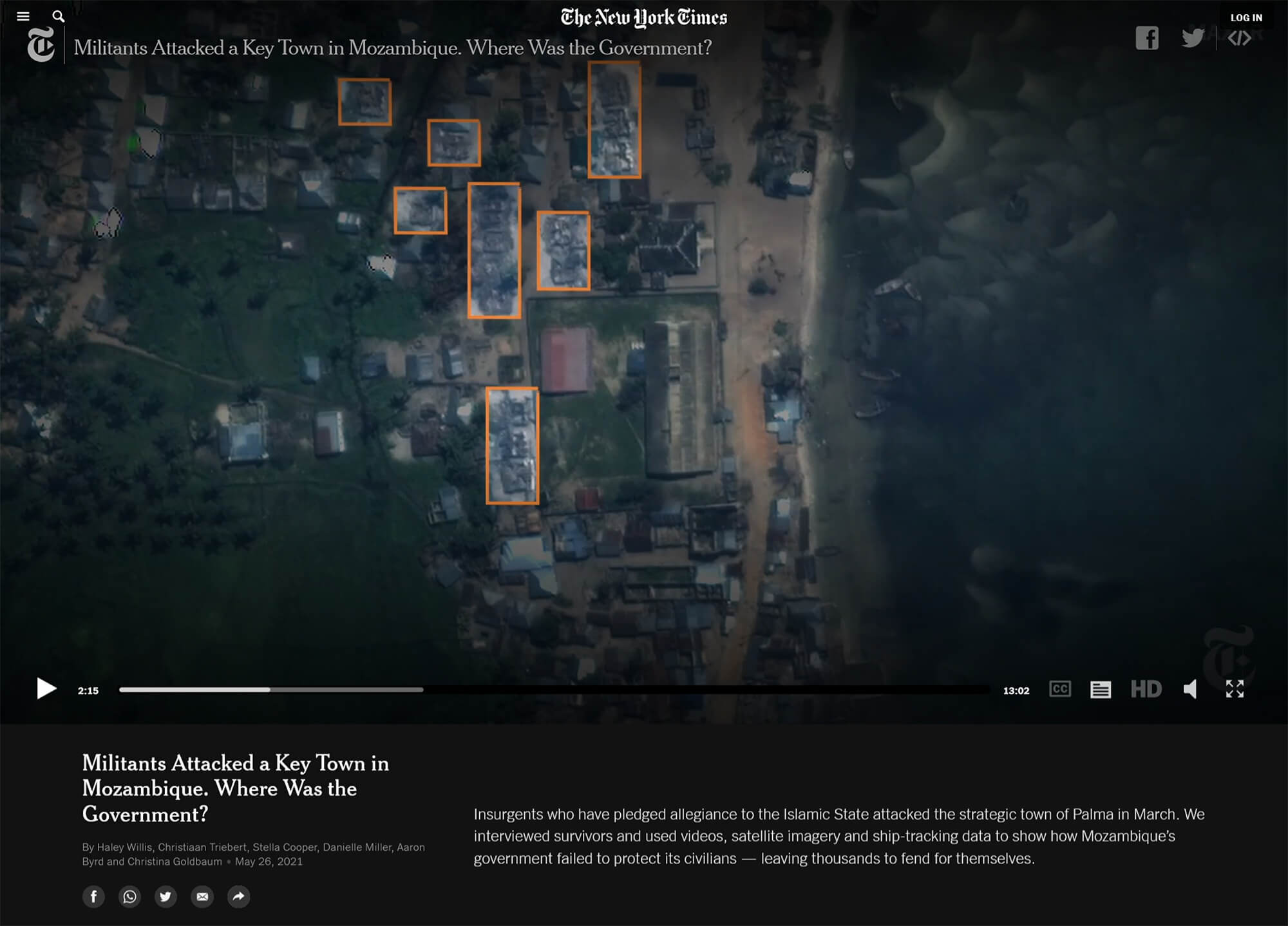Bringing consequences of Covid-19 in the Middle East to French readers
In December 2020, the French newspaper Libération was looking for trustworthy and critical coverage of how the pandemic has influenced Middle Eastern countries. Over four weeks, the online version of Libération published four stories with on-the-ground reporting provided by ARIJ (Arab Reporters for Investigative Journalism), in a collaboration facilitated by MediaBridge.
“The MediaBridge programme allowed a very interesting collaboration between French daily Liberation with production by Arab investigative journalists, coordinated by ARIJ. A selection of extensive reports from various Arab countries, dealing with the Covid-19 crisis were translated and edited in French then published on Liberation’s website. What was really appreciated was to publish field reports from local journalists in countries often unreachable for our French reporters, like Yemen or Bahrain for example. Moreover, the specific angles chosen for the stories and the investigative work done were particularly relevant and interesting.”
Hala Kodmani (Middle East Editor at Liberation)
Rawan Damen, Director Genderal of ARIJ, echoes the benefits of collaborating through MediaBridge: “We have travelled all over the world. We made personal bridges, but our stories did not as much as they should, and they can. MediaBridge helped us reach new audiences with our Arabic language stories, in more languages, in different regions and with a larger impact.”




